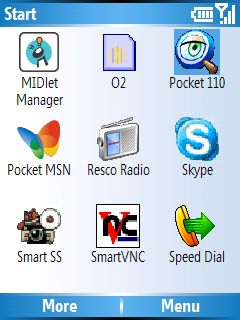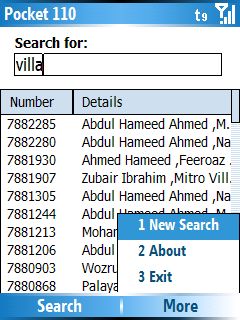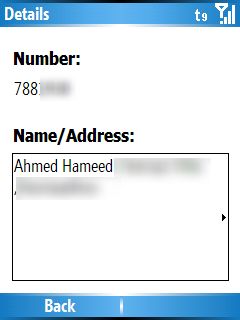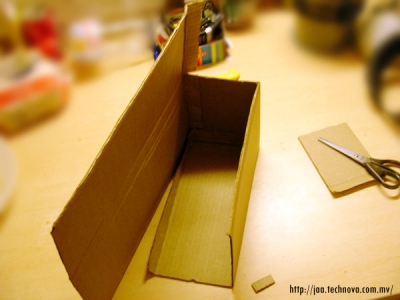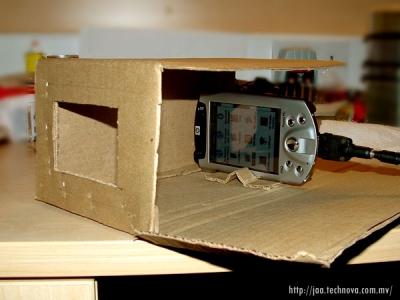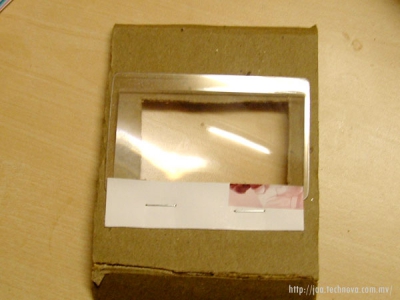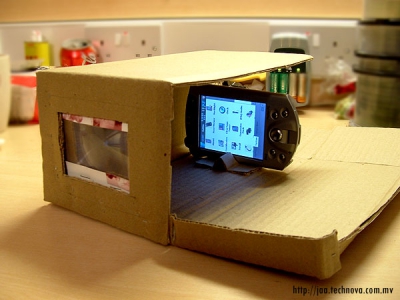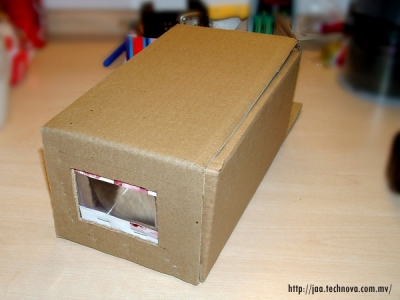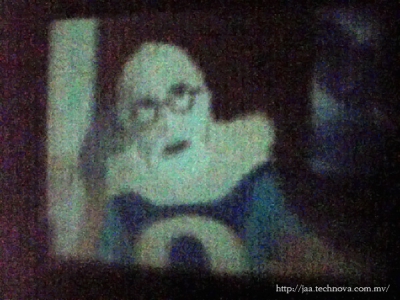Wednesday, June 7. 2006
Blobsy 2 RC 8 released
Blobsy 2 just had another release checked out today. This latest release - Blobsy 2 RC8 - is, as usual, available at the Blobsy website.
I've fixed a few bugs in this latest release that hindered optimal performance and a few more that prevented desired functionality - including one that prevented the bot from starting conversations by itself. I have also updated the included Demo handler and added another handler to demonstrate the conversation starting abilities more clearly. This has been something that users have been whining for quite a while. Good that I got around to doing this finally
Microsoft has recently allowed bots on its network. It is even running a bot development competition called Invasion of the Robots. They are offering cool cash prizes for the best bots. This is probably a move to promote the new Live Messenger series.
Anyway, I intend on updating Blobsy to the functionality introduced/updated in Windows Live Messenger. Blobsy will be updated/rewritten to be compatible with MSN P13, the communications protocol used by Live Messenger. The rewrite will probably see day light as Blobsy 3 sometime next month.
I've fixed a few bugs in this latest release that hindered optimal performance and a few more that prevented desired functionality - including one that prevented the bot from starting conversations by itself. I have also updated the included Demo handler and added another handler to demonstrate the conversation starting abilities more clearly. This has been something that users have been whining for quite a while. Good that I got around to doing this finally
Microsoft has recently allowed bots on its network. It is even running a bot development competition called Invasion of the Robots. They are offering cool cash prizes for the best bots. This is probably a move to promote the new Live Messenger series.
Anyway, I intend on updating Blobsy to the functionality introduced/updated in Windows Live Messenger. Blobsy will be updated/rewritten to be compatible with MSN P13, the communications protocol used by Live Messenger. The rewrite will probably see day light as Blobsy 3 sometime next month.


